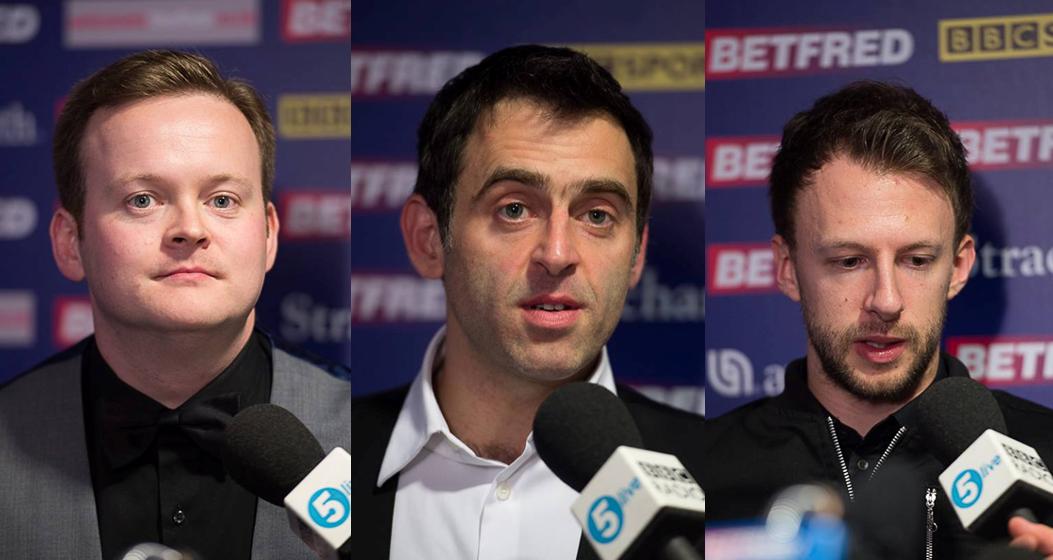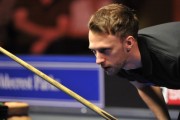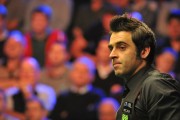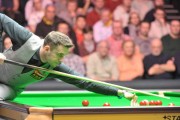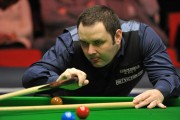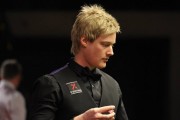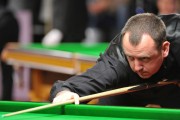Celebrities are the projection screen for people. They are not idolised because of their wonderful character, but because they symbolise something that allures their fans. Irrespective of what they are famous for, or what kind of person they really are: Their job is to be available and to fulfil the expectations of everyone, every time. Their purpose is to be role models, successful, and good-looking. And they are there to be photographed, to sign autographs, to talk to, and to befriend.
As a celebrity, you are lucky if you have fans that only run a Facebook group or a Twitter account. They follow your activities, share news about you, and don’t do any harm. They admire you for your lovely voice, spectacular book, sporting achievements, or whatever and do not care a lot about anything else. Fortunately they are on the majority but this is not about them.
Obtruding & “understanding”
However, there are also people who completely dehumanise celebrities. Unfortunately, the dehumanisation comes not only with idealisation and overreaching admiration but also with unscrupulous behaviour. Those fans (in the true sense of the word) live vicariously through their star(s) (e.g. football player or entire team). They use their successes and failures to express otherwise subdued emotions.
They don’t see the human being any more, they see the celebrated public character and expect her*him to fulfil their every wish. They manage to keep her*him from eating by constantly interrupting her*him with their praises. Even if they mean well, their actions are always an invasion of privacy.
For instance, without asking they push their children onto their lap and take photographs while the celebrity is eating. They treat the person like a trophy – overlooking the fact that a human has the right not to be available to strangers. (It is a mystery to me why people take pictures with public characters, even when they ask for permission. Perhaps they do it for memory*s sake. But I fear they often do it because they hope that their idol radiates fame & success on to them. To make their lives a bit more valuable. When I asked players at the tournament for permission to take a picture for the blog, they often were astonished that I did not want to be in it.)
Occasionally, they even film the person in “embarrassing” situations, e.g. while urinating, and circulate the video afterwards.
Apart from the kinds of fans discussed above, there is another subtype. They read everything they can find about the person, listen to countless interviews, and put themselves in their shoes. They try to learn as much as possible about the admired person and interpret the facts according to their own interpretations.
They over-humanise, “understand” everything – even every mistake, can explain everything, and fight for the person against unfair treatment or speech. This comes with empathy, sympathy, and understanding, and is often followed by the gnawing desire to help. They don’t want to see the star, but the human being. In my book, the (fictional) snooker player describes these people as follows: “I hate them believing to know everything about me, my thoughts and feelings, about my motives and reasons. They are all experts on the subject Robert Haynes.” And my protagonist Belinda felt caught because she is exactly like these guys. (But to her credit: She reflects on her behaviour.)
All these people have one thing in common. There is a disconnect between what they think, say. and do and the celebrities themselves.
The star concerned is confronted with a difficult situation. On the one hand, you have the positive aspects like appreciation, feeling of self-worth and happiness. But on the other hand, you have to be quite strong to live a life where your self-determination is permanently diminished by people you do not know and have no desire to know. All the while keeping in mind that you should rather concentrate on your main business.
As for stars, who are also mentally ill, it is even worse. Quite often, they are not able to enjoy the positive facets of being famous. Sometimes they have so much self-doubt that they question the received appreciation. To support a stable identity, they have to benefit from acknowledgement as much as possible. If they are not able to savour the pleasures of fame, they have no counterbalance to the pressure they have to bear.
Perhaps it was not only depression which killed Robert Enke, Julia Pieper, Ian Curtis, Heath Ledger, Kurt Cobain, Amy Winehouse, Robin Williams or Marilyn Monroe…
Balance
However, it is not all bad. One can look up to and admire celebrities without becoming obsessed. One can learn best when learning from others, including from celebrities. It is completely acceptable to admire someone for her*his mental strengths, her*his ambition or creativity. One can use someone as a mirror and learn from their experiences. It is possible to be grateful for the inspiration or indirect help gleaned from the celebrity, even if she*he never learns of it. I think these processes are helpful and necessary.
Still, one must be aware that what is going on in one’s head is still a projection, and these projections are more about oneself than the person onto whom one projects one*s thoughts, hopes, or even desires. One must also remember the boundaries. As for myself, if I am grateful I want to share this gratitude with the person responsible. And for many years, I have been trying to convince myself (in vain) that the best thing is to keep it to myself.
Once a sport psychologist and coach wrote to me: “[…] I wanted to mention about Ronnie’s psychological health away from the table but feel that is none of my business, so didn’t talk about it. I always try and come from a sporting point of view, hence my views. Thus, it’s not that I’m ignorant of life matters, just simply that I highly respect other peoples’ lives, and don’t give judgement or opinion on information I don’t have.” I think he draws the line very close. In my opinion, if someone gives information deliberately – in this case, O’Sullivan published two books about his mental health issues –, it is allowed to discuss it. Especially when it is in a private conversation. But also I think it is better to be too careful than the other way round.
Contact?
In times of social media, there is a lot of talk about making contact to public persons. They say, on Twitter you can chat with your favourite players and the players can show a more personal side. The question is whether this is true, or if it depends on your definition of “contact”.
It can be nice to wish someone “Good luck” or laugh at the players struggling to find the right Mühlheim (Ruhr, not Switzerland) on a map. Sometimes you are lucky enough to catch Angles or Murphy killing time with a Q&A-Session. But it is also a potential for stalking and cyber-bullying. Everyone has an opinion on everything and good manners are not the standard. Many contributions are not really valuable but merely the expression of one’s own anger, frustration or ignorance.
As we see, the main problem is not people projecting but the resultant behaviour. If everyone would cultivate awareness of other peoples’ needs, everything would be wonderful. But as long as people are too inexperienced, lazy, or otherwise not able or willing to act respectfully, every well-known (sports)person has to protect her*himself. In order to avoid certain reactions from the start, they are well advised to create a distinct public person. (Marcus Wiebusch published a meaningful song about it.)
If my own need for contact cannot be held back any more, I hope I remember my therapist saying: “There is no actual contact. Never. That’s just projection.”





